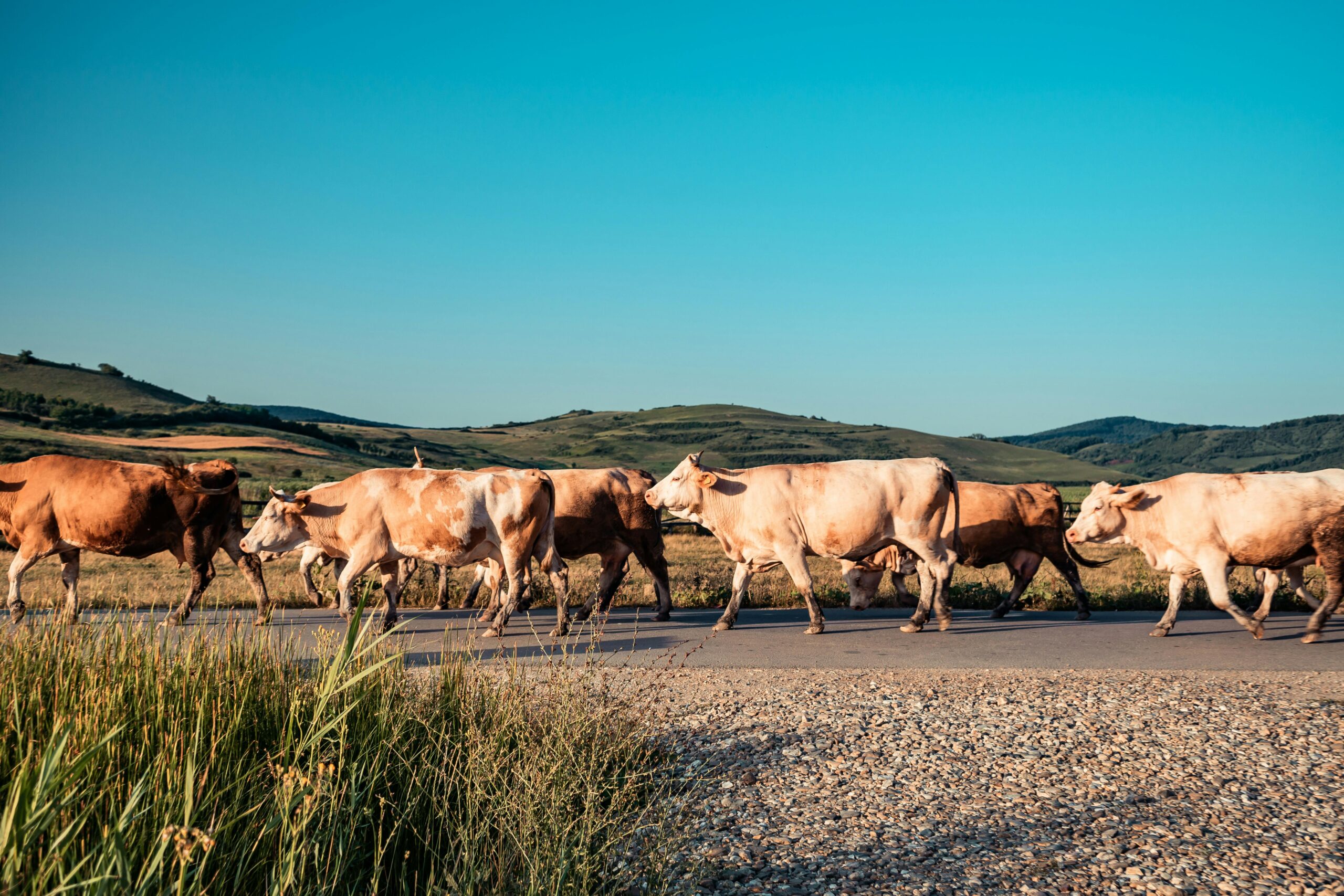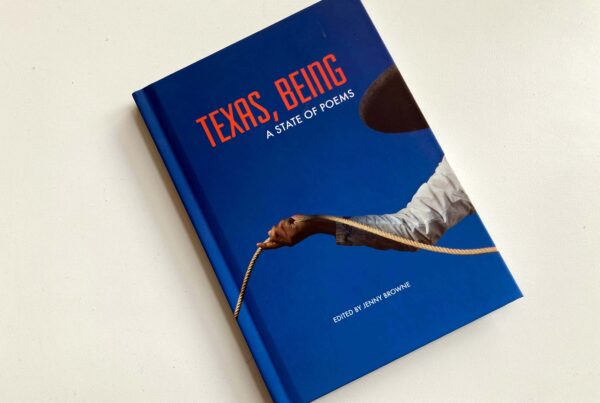When I started this series, Stories from Texas, over ten years ago, one of my hopes was to celebrate Texas literature in a way that would inspire Texans to read more Texana.
Texas has a literature that is vibrant, colorful, and flows from many voices. It celebrates the distinctive history and culture of the state, which is beautiful and complex. Texas writers have explored our incredibly diverse landscapes, our turbulent past, our humor, our unique characters, our grit and sense of place. And Texans can be moved by this literature more than most because they share this sense of place.
40 years ago, McMurtry said that we had too many essayists and folklorists and not enough novelists, poets and playwrights. Since then, we have made great strides in all these genres. I have especially enjoyed the poetry, the western variety, even though Larry said in ‘81 that we were too stuck on the cowboy myth, which he himself surrendered to by the middle of that decade by publishing a little 900 page tome called “Lonesome Dove.”
The poem I want to share today is called “Counting Cattle with the Fathers.” It won the 2024 Spur Award for poetry from the Western Writers of America.
The author, or should I say poet, Shelley Armitage, has spent a good deal of her life on a ranch in the Llano Estacado. In this poem, published in her book, “A Habit of Landscape,” she remembers fondly when she was just a girl going out in a cold pickup with her father and grandfather to count the cows:
Counting Cattle with the Fathers
We find them, tails to the wind.
They eye us with cold curiosity
and the dull hope of hay.
They distance themselves as we
amble by.
We go in the “four-banger” pickup,
the old four-wheel-drive with no heater.
We are counting the cattle,
in the six degree morning
my father, my grandfather, and I.
Father says the heater works.
He dogs the temperature gauge
turns the blower on full blast
in bull-headed persistence
while I stoically wish to turn tail.
Hell, it’s cold, I think but don’t say it
It’s his time to be right as it was his father’s
who drove his ‘46 Kaiser axle-deep in snow
to castrate by the astrological sign.
Now his son cuts when the knife is sharp.
This is the faith of my fathers living still
in spite of the market, the weather, or Uncle Sam.
Grandfather, the departed one, who now whispers
in ghost breaths, swore by the almanac, at the soil bank.
The other has lived long enough to see the blood come to a daughter.
It has been this way with fathers and sons,
counting buffalo, counting coup, counting cattle.
But I am the daughter now rightly come
to this dominion of grass and fathers
and pissing in the wind.
Down in the draw all are stone
womb and semen, hoof and horn.
For a moment we are all frozen together in time,
except for one steer who says tomorrow with
his dry humping.
(Once when I was five
I saw two dogs do it and asked my daddy.
He lit a cigarette, I ventured it was a circus trick
and we drove on.)
But oh, my dumb darlings
how you flourish in spite of us.
Oh, my dumb darlings
I can’t help it.
I have a mother’s love for you
though I will pen you, brand you, alter you.
It’s all for your own good.
Together we count one too many
even knowing Ferdinand the Bull is gone again.
He jumps fences with his green notions
leaving nothing but hide behind.
One day he’ll be just plain Ferdinand.
But old bull, you’re the key.
I will inherit this, this counting
and two visionary ghosts to say
you missed that one
in the place where a rock is a calf.














